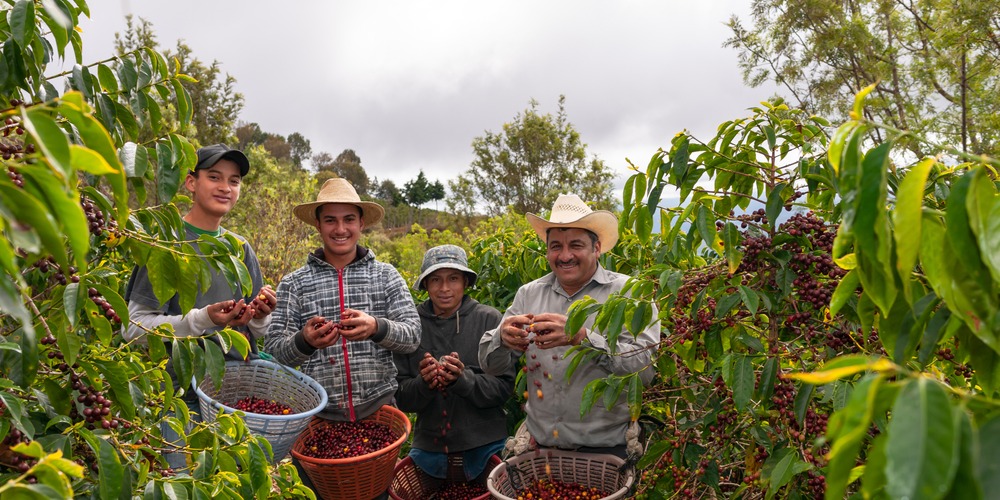Colombia secures halal certification to export coffee and cocoa to Arab markets
Colombia has obtained halal certification for its coffee and cocoa exports, paving the way for broader access to Muslim-majority markets, President Gustavo Petro announced during a visit to Riyadh on the first leg of his Middle East tour.
“This certification will allow peasant farmers and their cooperatives to trade their coffee production directly with the Arab world,” Petro said in a post on X, adding that the move supports government efforts to shift rural economies away from illicit coca cultivation.
The certification, granted under Islamic dietary and production standards, is intended to remove barriers for Colombian exporters in markets where halal compliance is mandatory for food imports. It also aligns with the government’s strategy to diversify export destinations beyond the United States, Colombia’s primary trading partner for more than a century.
Industry reaction, however, has been mixed. The National Federation of Coffee Growers (FNC) noted that Colombia already ships coffee to several Middle Eastern countries and that the certification will not dramatically alter current trade flows for all producers. According to federation data, Colombia exported 56,234 bags of coffee to Saudi Arabia in 2023 and 118,992 bags in 2024 without halal requirements applying in every case.
The certification is expected to have greater impact on processed and value-added coffee and cocoa products, which face stricter entry conditions than unprocessed green beans. Meeting Halal standards requires alignment across the supply chain, including farming practices, processing, packaging and documentation.
Colombia is the world’s third-largest coffee producer and sees cocoa as a growing export sector with potential for higher-margin products. Government officials are of the view that halal compliance will help small and medium-sized producers compete in new markets and reduce dependence on a limited set of buyers.
The announcement follows a period of renewed diplomatic engagement between Colombia and Gulf countries, with Petro scheduled to visit Egypt and Qatar after Saudi Arabia. The government has framed the certification as part of a wider push to expand trade ties beyond traditional Western markets amid shifting global demand and trade pressures.
While the certification does not guarantee immediate export increases, it formalizes access to a fast-growing consumer base and positions Colombia to pursue longer-term trade agreements in the region.


Muhammad Ali Bandial